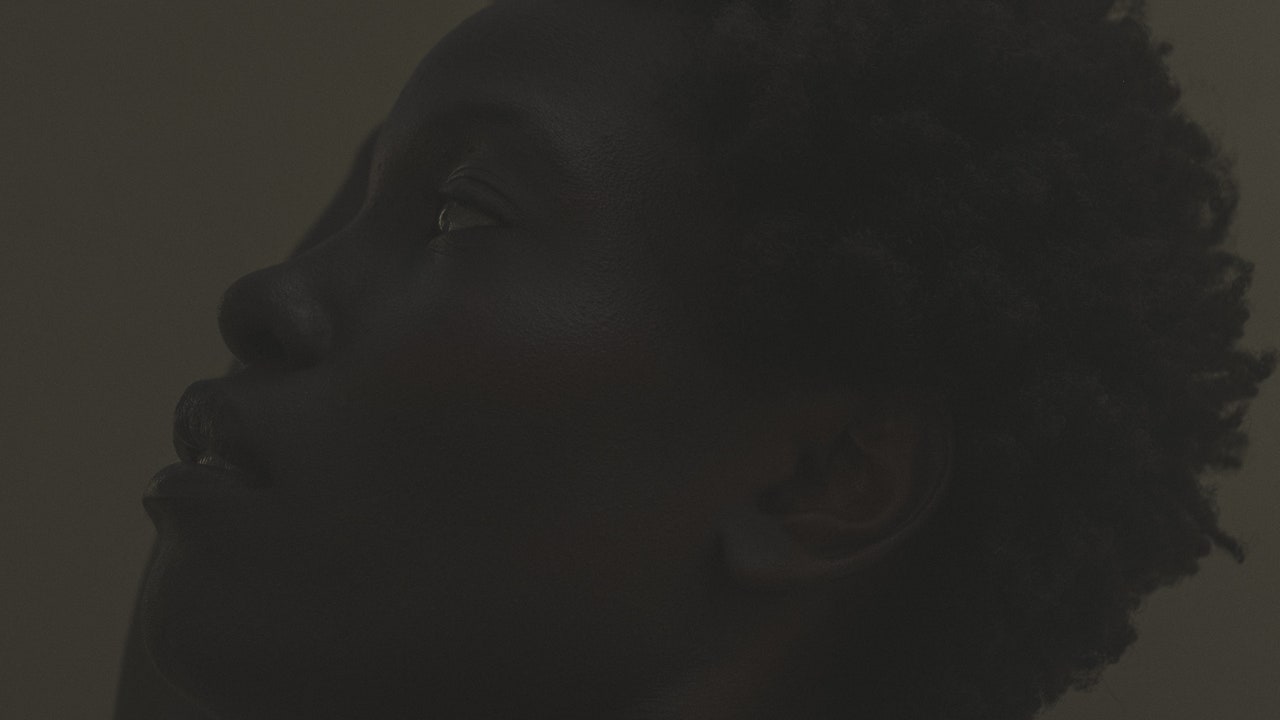This March, The Body: A Home for Love held their first event in L.A., called My Body, My Home, in partnership with Lunya. It featured a panel of wellness speakers (Lalah Delia, Koya Webb, Rikkí Wright, and Victoria Banjo) and a photo installation. The team is now gearing up for the August launch of their virtual membership which will give members access to group therapy, yoga classes, mindful movement classes, and affirmation writing sessions guided by wellness practitioners that span the likes of trauma-informed yoga teachers, life coaches, therapists, and meditation teachers. “Everything is centered around wellness, art, storytelling, and using those as mechanisms for healing,” Ivory said. The virtual offerings were supposed to launch next year, but Ivory wanted to help remedy the added isolation that survivors may be feeling amid COVID-19. “It’s important to have a space where survivors can connect with those who understand exactly what they’re going through.”
Because “healing shouldn’t come at any cost for those with trauma,” as Ivory put it, the membership is free or donation-based (like all of their events). “Everyone gets the same service. At the end of the day we want survivors to feel like this is specifically for them, regardless of socioeconomic class or where they come from. You matter and you are worthy of this regardless of what you can or can’t bring to it.” The organization is currently volunteer-based, but Ivory hopes to build it into a nonprofit business with a salaried staff.
Dark Bliss, 2017. Photographed by Deun Ivory.
A podcast is another one of Ivory’s ambitions, along with a one-day retreat that was postponed amid the pandemic. Ivory’s ultimate vision for the organization is to reach a global community. “When people think about the worthiness of Black women or healing through joy, or a sisterhood, or a place where [Black women can feel] ‘I’m being nurtured and I’m being watered,’ I want them to think of The Body: A Home For Love.”
In the meantime, her go-to advice for dealing with triggers is to invest in self-care. She leans into prayer, breathing, and visualization. “As a visionary, it’s important for me to see my life outside of my current reality,” Ivory said. “Knowing that I have a choice in taking care of myself, nurturing myself, even in the middle of trauma, is a beautiful thing,” she added. “Resist the urge to judge yourself. It serves no purpose and it doesn’t serve you in any type of way. This is how you reclaim your peace and your power.”
Home, Abena, 2018. Photographed by Deun Ivory.
